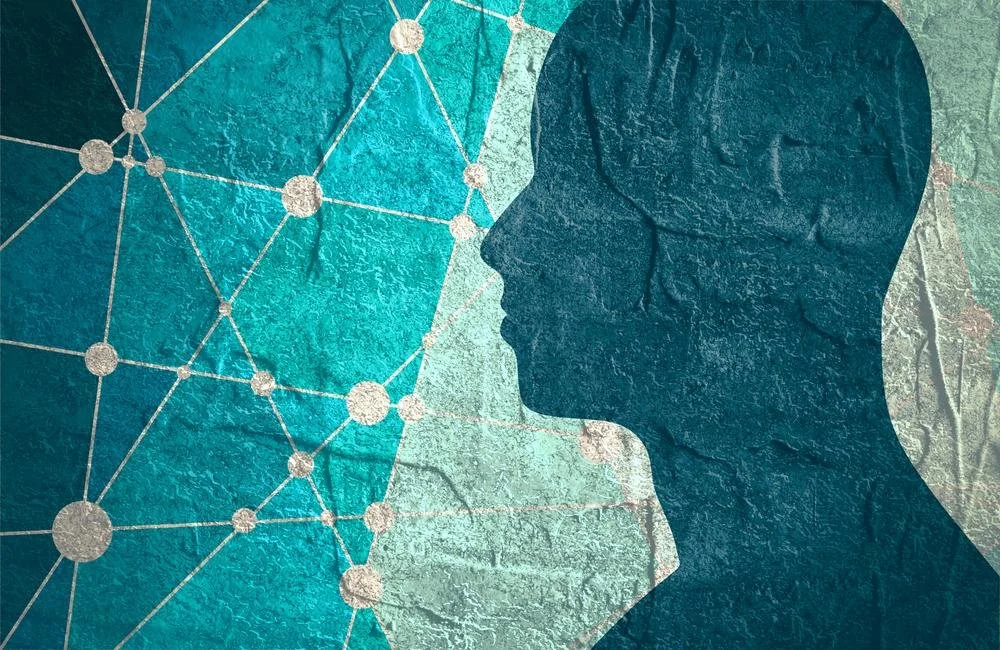Listening with non-judgment and empathy is vital to catalyzing positive change. It is also essential to understand what knowledge and resources will empower clients to work towards their goals and thrive. To be a good listener, you need expert training and life experience. Rhonda received a Bachelor of Social Work from Dalton State College and a Master of Social Work from Fordham University Graduate School of Social Service in New York. Before returning to college, Rhonda worked for many years with global corporations, gaining insight into diverse cultures. As a freelancer, she helped nonprofits, such as Children’s Healthcare of Atlanta, raise awareness about issues like childhood obesity. Her social work training was intentional and stemmed from a growing awareness of the numerous problems individuals face throughout their lifespan. During her social work training, she facilitated social-emotional learning groups for students in grades K-8, mentored young adults in college, and assisted older adults in navigating health, social isolation, and other challenges of later life. Rhonda offers post-graduate training with over 27 hours of trauma-informed cognitive behavioral, over 34 hours of training in assisting clients challenged by neurological atypical issues, such as attention deficit hyperactivity disorder (ADHD), and 10 hours of somatic therapy. Rhonda’s life experience and ongoing training continue to expand her capacity to listen and increase her understanding of the social determinants of mental and behavioral health. As a Licensed Master of Social Work working under supervision, Rhonda collaborates with clients of all ages to help them develop the self-awareness and skills necessary to build solid foundations that will support them to create the life they desire.
WHY IS SUICIDE PREVENTION TRAINING IMPORTANT?
Suicide is the second leading cause of death among 10-24-year-olds, and between 2007 and 2018, there was a 57% increase in youth suicide rates among this age group.
About half (48%) of bisexual young people seriously considered attempting suicide in the past year, and 27% attempted suicide.
LGBTQ+ young people are more than 4x as likely to attempt suicide than their peers.
In Georgia, suicide by firearms makes up 63% of suicides, and 79% of suicide deaths are males compared to 21% of females.
In September, “Congressman Jamie Raskin (MD-08) and Congressman Don Bacon (NE-02) introduced new bipartisan legislation, the Stabilization to Prevent (STOP) Suicide Act, to expand access to evidence-based stabilization care for individuals with serious thoughts of suicide.”
Sources:
Curtin, 2020; Johns et al., 2019; The Trevor Project, 2023; Georgia DBHDD, 2022, p.1; Raskin, 2024
If you or someone you are worried about needs crisis support, you can reach a trained crisis counselor no matter where you live in the United States:
Call or text 988 or visit 988lifeline.org
https://go.nih.gov/hoMF6tt #shareNIMH
Learn to help prevent suicide and foster a new perspective on life.


